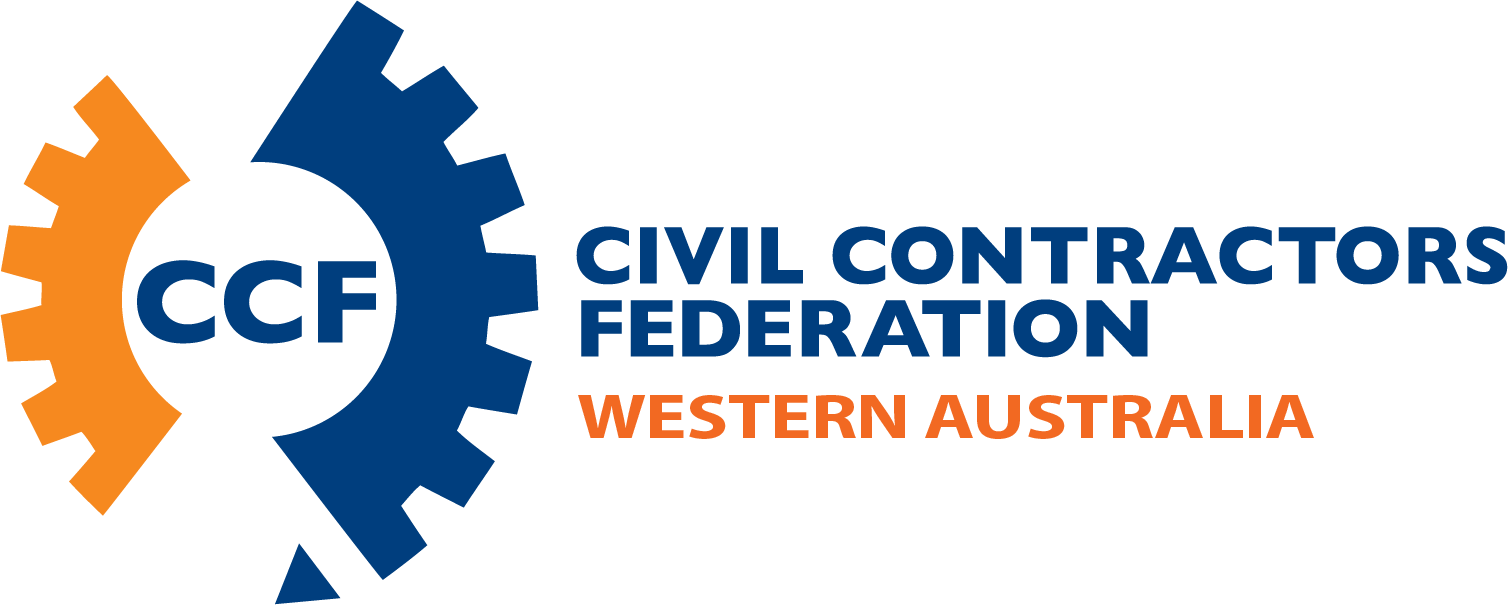By Andy Graham
CCF WA welcomes continued strong state government investment in civil infrastructure that's vital for ongoing economic growth. But there are challenges ahead, including an alarming decline in forecast investment and a damaging industrial relations policy.
In a sign of the times, the 2024/25 WA State Budget forecasts road and rail capital investment to decline year-on-year, as the METRONET peak passes and the government looks to prioritise investment in water and energy.
Reduced rail investment was inevitable, but the small number of major road projects in the project pipeline is a concern. Main Roads' capital investment in new civil works is currently forecast at just $450 million in 2027/28, compared to more than $2.3 billion this FY. We hope the state and federal governments can work together to fund some of the exciting and transformational metropolitan and regional road projects currently in the planning phase.
Across the board in fact, government infrastructure investment is forecast to dip alarmingly in the final years of the current Budget cycle, 2026/27 and 2027/28. We are hopeful some future announcements will boost those 'out years' but the government has to get better at providing a smoother and more certain pipeline of work. It’s gone backwards in that respect – we are used to seeing spending dropping off by 20-30% over the 4-year budget forecasts; this year it’s more than 60%. This makes it impossible for government contractors to invest in capability with confidence. And of course it's tough for non-government contractors to deal with the peaks and troughs of government spending.
The Budget has some welcome measures to address housing shortages but we believe there must be opportunities for more targeted initiatives to address the roadblocks constraining housing lot supply, which remains stagnant and well under what the state needs to put a serious dent in the housing crisis in coming years.
The elephant in the room for housing lot affordability, and for infrastructure affordability in general, is the state government’s WA Best Practice Industry Conditions (BPIC) policy.
BPIC is little more than a free kick to the unions with taxpayers and home buyers footing the bill – as any Queenslander will tell you.
The fact that BPIC is initially being trialled on one major project - Tonkin Highway Extension and Thomas Road Upgrade - is little comfort to the contractors who’ll be affected, directly or indirectly. And if the trial is declared a success – and we have no idea how that judgement will be made – and BPIC is rolled out across more government infrastructure projects, then construction costs will soar, leading to fewer civil projects and fewer jobs.
Construction costs have jumped 30-40% over the past few years; the state is getting a lot less bang for its infrastructure buck already. Now is not the time for the government to add fuel to the fire with a policy that will supercharge labour rates and throttle productivity.
Read on LinkedIn

